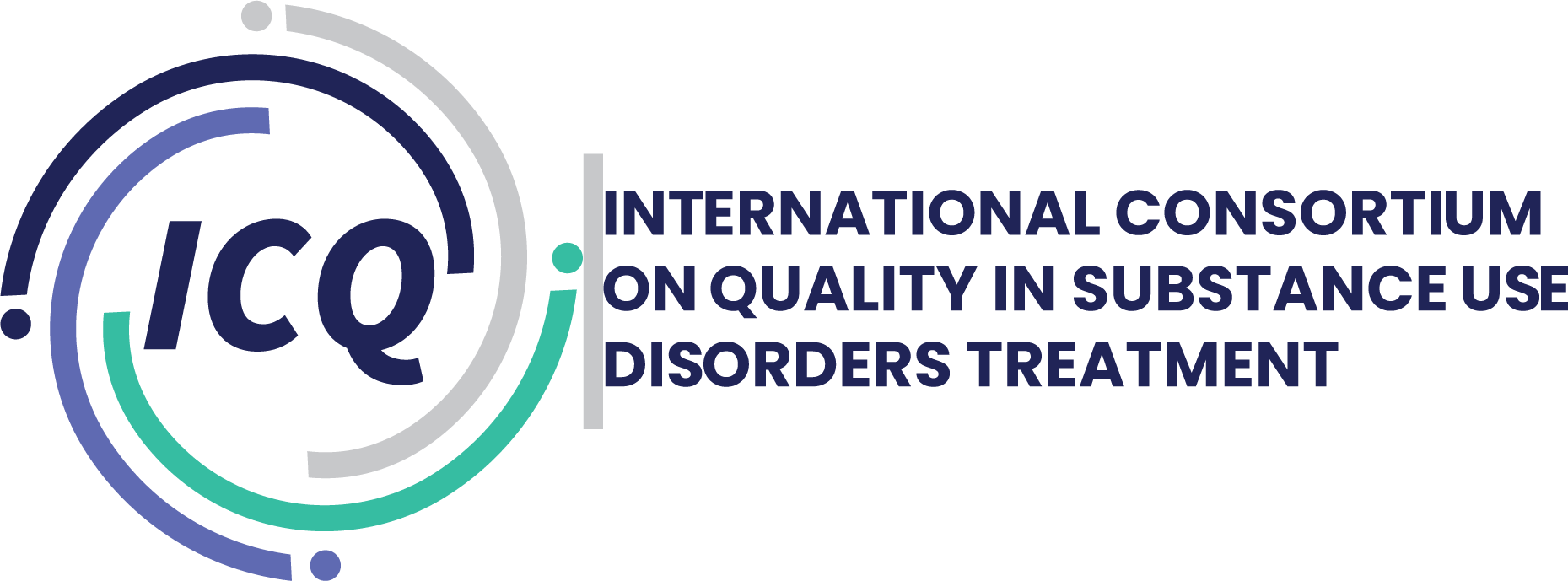Analyzing 10 Years of Drug Use Trends and Transforming Addiction Care Beyond Rehabilitation
This presentation was featured at Indonesia 2025, on the 17.09.2025.
Author:
Asmin Fransiska
1 The Indonesian Center for Drugs Research (ICDR)
2 Faculty of Law, Atma Jaya Catholic University of Indonesia
Jl. Sudirman No.51, Jakarta 12930, Indonesia
Abstract:
Indonesia maintains one of the world's most stringent narcotics legal frameworks, codified in Law 35/2009, which imposes severe sanctions ranging from lengthy mandatory minimum prison sentences to capital punishment. This punitive stance has precipitated a crisis of hyper-incarceration, with national prison overcrowding averaging 108% with some facilities operating at 198% capacity, and detention centers exceeding 210%. Research by ICDR (2024) indicates that the majority of drug-related cases involve personal use or possession of methamphetamine (3,200–7,000 cases), cannabis (1,000–2,500 cases), and ecstasy (100–200 cases) across five provinces in Indonesia. Notably, the number of female drug mules is on the rise. This empirical data from 2024 indicates that this carceral burden is largely driven by cases involving personal use or low-quantity possession of methamphetamine, cannabis, and ecstasy.
Compounding this issue is a significant epidemiological transition in substance use over the past two decades. The landscape has shifted dramatically from the dominance of heroin (opioids) in the 2000s to the current prevalence of methamphetamine (stimulants) and New Psychoactive Substances (NPS). This transition presents a formidable challenge to public health systems, as the physiological dependence characteristic of opioids requires different therapeutic interventions than the pronounced psychological compulsivity of stimulant use. Consequently, there is an urgent need for diversified, holistic, and decentralized treatment paradigms.
In response, Indonesia's national strategy embodies a policy dichotomy, combining punitive measures aimed at eradicating trafficking networks with rehabilitative programs for substance users. While this dual approach suggests a nominal recognition of addiction as a complex health issue, its efficacy remains contentious. Critical questions persist regarding whether rehabilitation efforts are adequately funded, equitably implemented, and genuinely balanced against the enduring emphasis on criminalization. This abstract argues that assessing the overall effectiveness and human rights implications of Indonesia’s drug policy requires a critical examination of this imbalance and advocates for a more evidence-based, people-centered approach.
